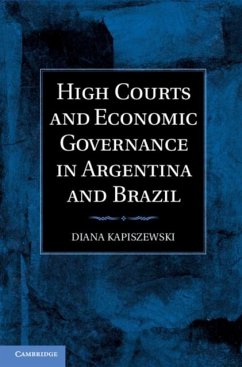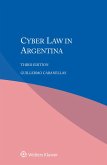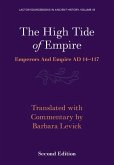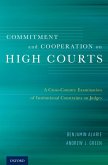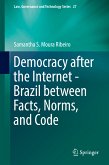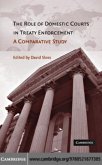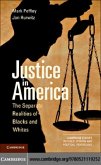High Courts and Economic Governance in Argentina and Brazil analyzes how high courts and elected leaders in Latin America interacted over neoliberal restructuring, one of the most significant socioeconomic transformations in recent decades. Courts face a critical choice when deciding cases concerning national economic policy, weighing rule of law concerns against economic imperatives. Elected leaders confront equally difficult dilemmas when courts issue decisions challenging their actions. Based on extensive fieldwork in Argentina and Brazil, this study identifies striking variation in inter-branch interactions between the two countries. In Argentina, while the high court often defers to politicians in the economic realm, inter-branch relations are punctuated by tense bouts of conflict. The Brazilian high court and elected officials, by contrast, routinely accommodate one another in their decisions about economic policy. Diana Kapiszewski argues that the two high courts' contrasting characters - political in Argentina and statesman-like in Brazil - shape their decisions on controversial cases and condition how elected leaders respond to their rulings, channeling inter-branch interactions into persistent patterns.
Dieser Download kann aus rechtlichen Gründen nur mit Rechnungsadresse in A, B, BG, CY, CZ, D, DK, EW, E, FIN, F, GR, HR, H, IRL, I, LT, L, LR, M, NL, PL, P, R, S, SLO, SK ausgeliefert werden.

